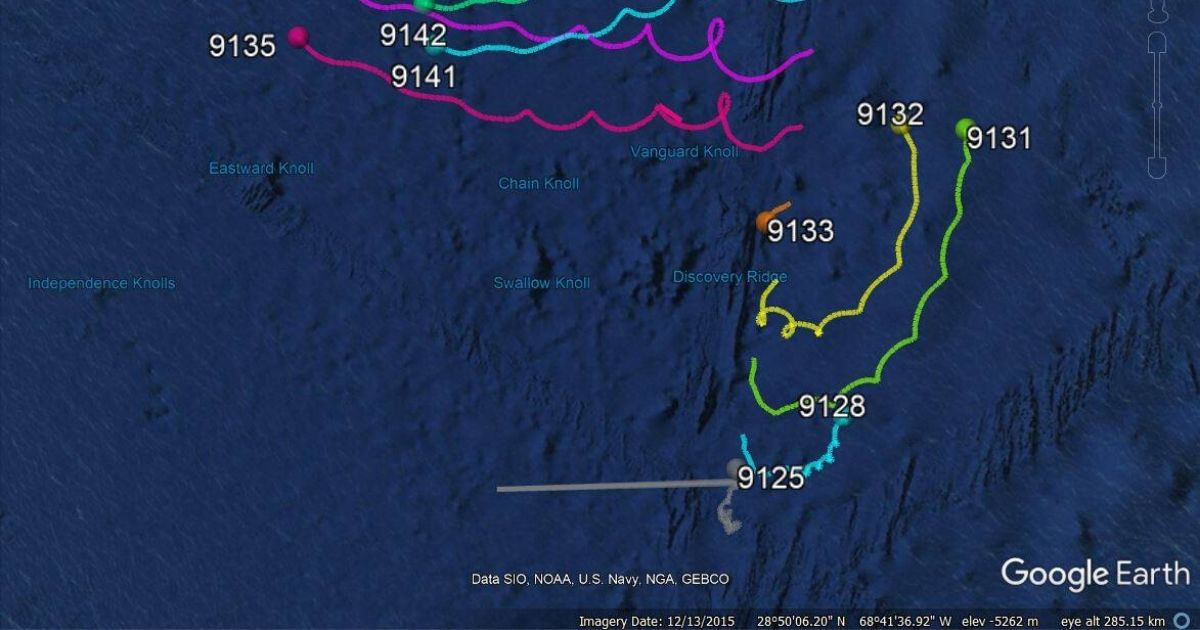On September 11, 2018, a NOAA Hurricane Hunter airplane flew into the path of Hurricane Florence and air-deployed 10 RBRargo CTDs mounted to profiling floats.
The floats were parachuted into the Atlantic Ocean to collect upper-ocean temperature data that forecasters used to determine the available energy from the ocean that would continue to fuel the hurricane. These measurements supported better forecasts of the hurricane’s intensity as it reached the Carolinas.
Florence grew into a Category 4 hurricane as it crossed the Atlantic from its beginnings as an atmospheric tropical wave off the west coast of Africa. It hit North Carolina with 215 km/h winds, up to 900 mm of rain, a large storm surge, and $24 billion in damage.
When preparing for a hurricane, which can include coastal evacuations, it is critical to predict the hurricane’s path, and so too its strength. From satellite the surface temperature of the ocean can be determined. But hurricanes draw their energy from down deeper, so taking in situ measurements of temperature, which may change with depth, allows forecasters to take full stock of the energy available.
The Air-Launched Autonomous Micro-Observers (ALAMOs), manufactured by MRV Systems, collected and transmitted CTD data used to quantify upper ocean heat and thus Florence’s strength as it advanced.
The ALAMOs are compact profiling floats designed to be launched through a chute in the back of an airplane. Before, during, and after Hurricane Florence’s passage, they profiled to 300 m at 2-hr intervals. The RBRargo CTD’s compact size and durability made it an ideal solution for the ALAMOs, sampling under a hurricane.
RBRargo CTDs have been integrated into floats with Argo and non-Argo program requirements. RBR CTDs can help with your extreme deployment, as can our full suite of standard loggers. Contact us for help or more info.
Story by RBR





